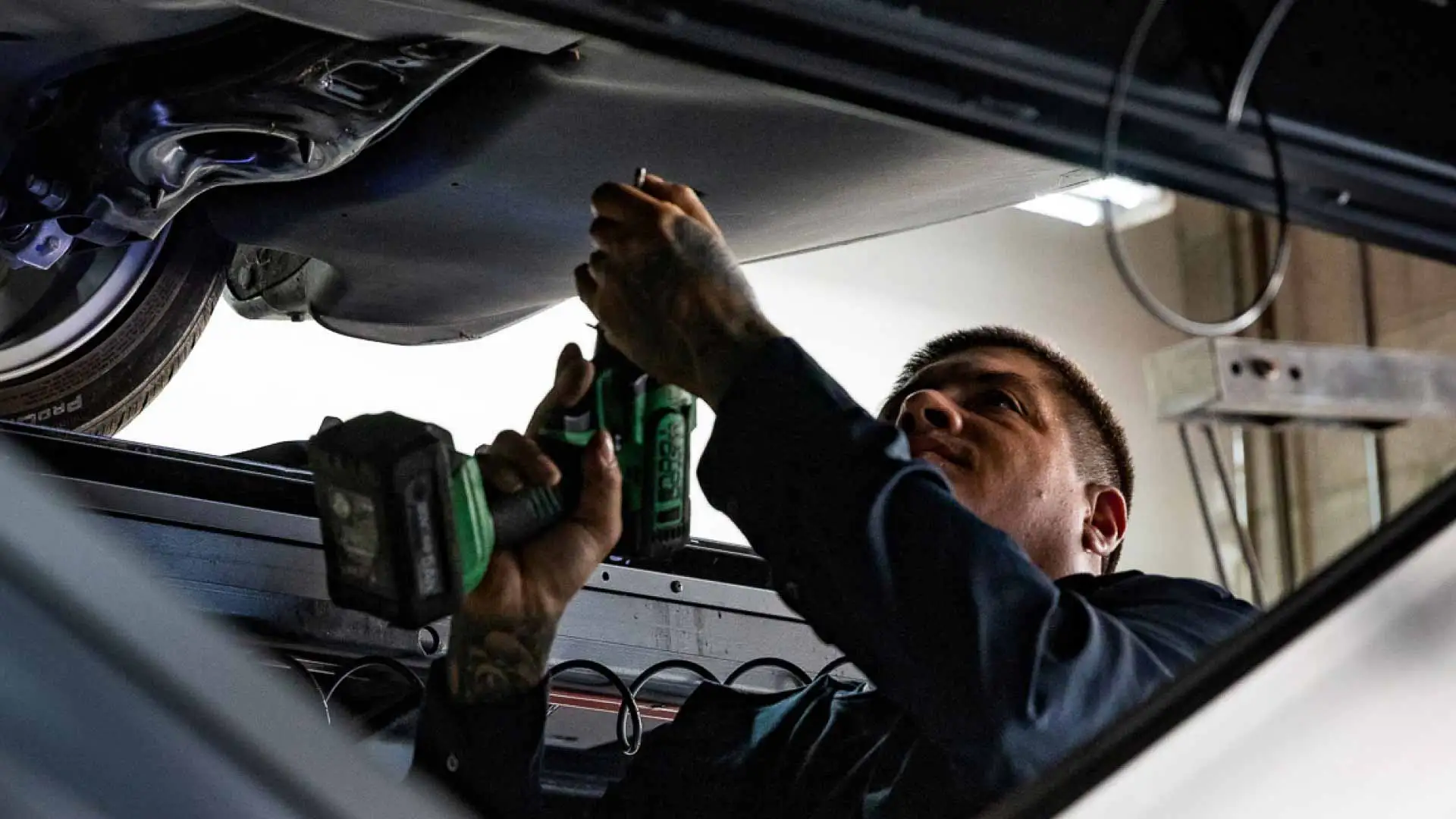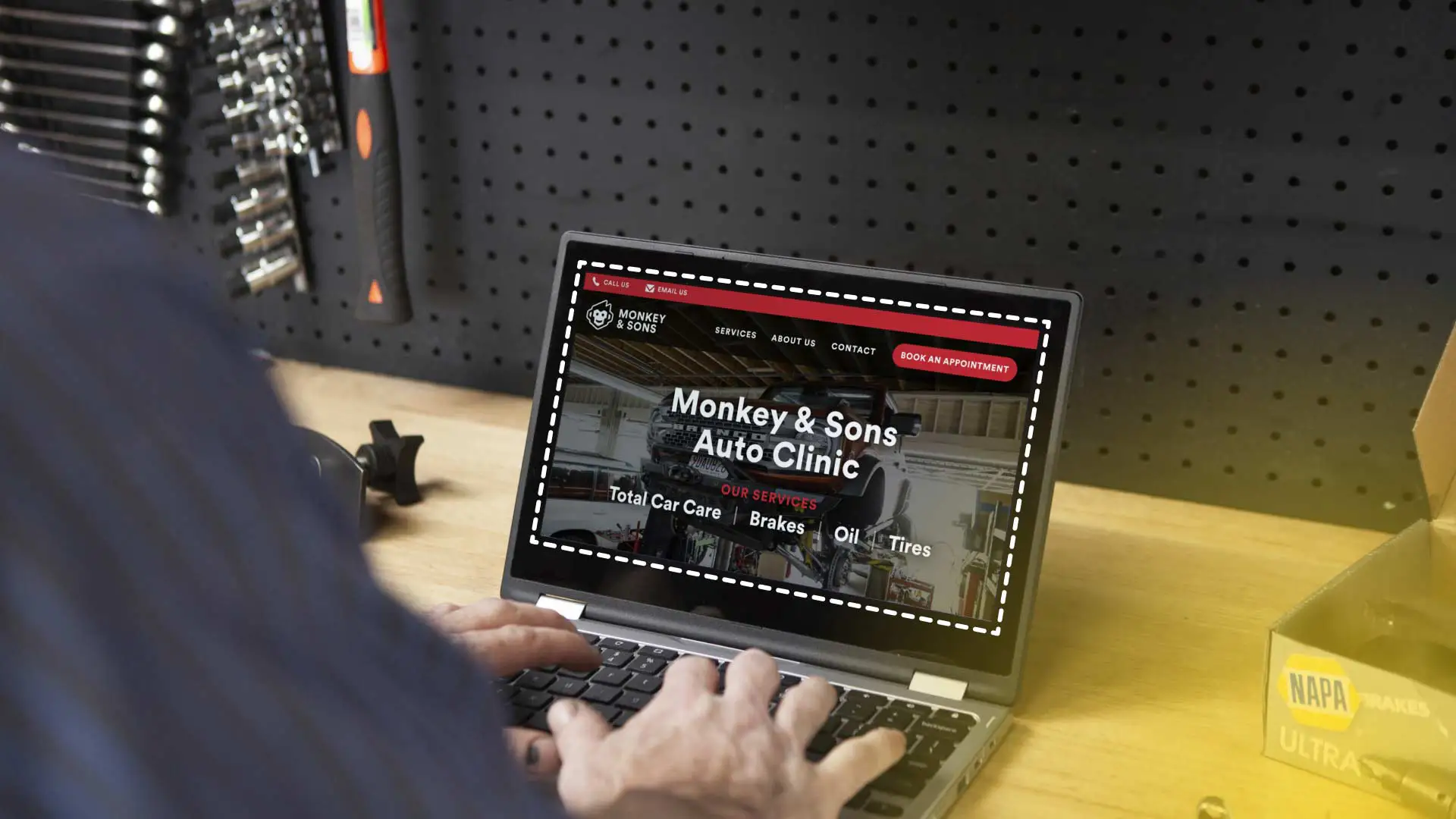Automotive repair is on the move. No longer confined to physical shops, a growing number of mechanics are now bringing their services directly to customers—whether it’s their home, office, or another location of their choice. This approach is rewriting the traditional playbook, adding convenience and flexibility while enabling repair shops to expand their offerings and broaden their customer base.
Although mobile services can be a breakthrough, they also come with challenges that should not be overlooked. So, let’s pack up our gear and explore the advantages and potential obstacles of offering mobile repair, identify which types of shops are best equipped for it, and determine if incorporating a mobile model is right for your business.
The Convenience Factor
The main attraction for mobile auto repair is the convenience it offers customers. To put a finer point on it, consider the following factors.
Time Savings: With mobile repair, there's no need to schedule appointments, drop off vehicles, or arrange for rides to and from a shop. Instead, technicians come directly to the customer, doing away with the hassle and inconvenience that may come with visits to the shop.
Location Flexibility: As we mentioned earlier, a major advantage of mobile service is the ability to meet customers where they are, literally. It isn’t always easy to travel to a physical shop, and mobile technicians can handle repairs off site, wherever that may be. This also broadens the scope of potential customers beyond those who can bring their cars to your location.
Reduced Stress: Mobile services offer a more relaxed, comfortable experience by eliminating much of the stress and concern typically involved in car repairs. For example, customers no longer need to worry and wait all day for calls or texts on their vehicle's status.
Personalized Service: Taking techs out of the shop also removes many of the distractions that could pull them away from a job, even if it’s only for a short time. This makes it easier to give the customer one-on-one attention and offer a level of service that may be hard to duplicate in a shop setting.
The Challenges of Mobile Repair
While mobile repair offers some undeniable advantages, it does come with a unique set of challenges and considerations.
Equipment and Tools: To run a mobile repair service, you must have the necessary tools, diagnostic equipment, and spare parts on hand to handle various repairs. Your work vehicles may need to be converted into mobile workshops, requiring some modifications; or, you may need to purchase new trucks altogether. Either way, it’s vital to stay organized and on top of your auto parts inventory management in a compact workspace.
Scheduling and Logistics: Keeping tabs on multiple appointments across different locations can get complicated. For that reason, it’s important to be very precise when scheduling in order to avoid delays, overlaps, or other issues; you may have to account for traffic and/or bad weather, or build in cushions in case jobs take longer than expected. Maintaining direct communication with customers and leaning on well-built scheduling and team-management software can help address these issues.
Safety and Security: There’s an element of the unknown for techs working in the field, and ensuring the security of their equipment, as well as the safety of their customers and themselves, should be top priorities. The key is to establish guidelines for mobile employees–for example, tracking their location through GPS, requiring regular check-ins, and training on how to respond to dicey situations.
Is Mobile Repair Right For Your Shop?
Deciding whether mobile service is in your best interests depends largely on the type of shop you have, the level of demand and financial resources available to support it, and how it fits into your overall business strategy.
Shop Type: Quick lube shops are a good fit because many of their core services–oil changes, filter replacements, battery checks, etc.–are relatively simple and don’t require much equipment. Tire shops may also benefit from a mobile model through roadside tire changes, installations, and emergency repairs.
General repair shops can offer mobile services for routine maintenance and minor repairs, too, although larger or more complex jobs are best done in the shop. The same goes for detailing services: Interior work and some exterior fixes can be done on the go, but more extensive jobs may require a controlled setting.
With a few exceptions, truck repairs are better left for the shop, where heavy-duty equipment and specialized tools are available.
Customer Demand: Do some research to gauge the demand for mobile services in your area. Understanding the preferences of your current and potential customers will help you determine if they may be interested in a mobile option.
Available Resources: Assess whether your shop is in a position to invest in the tools, vehicles, personnel, and training that’s needed for a mobile venture. It’s not just the money, but also a reallocation of resources you’ll have to account for. Can you afford to bring on more staff? Do you have the systems in place to manage a movable workforce?
Business Model: Consider how mobile repair fits into your overall business strategy. Will it complement your existing services by adding a new revenue stream, or does it risk siphoning customers away from your brick-and-mortar location? Think about your shop’s present, and future, direction.
Embracing a Mobile-Friendly Future
Mobile auto service is ushering in new opportunities for customers and shop operators alike. By offering convenience and personalized service directly to clients, mobile repair can help shops reach more customers and boost their reputations and profits.
Choosing whether to go mobile isn’t a decision to be taken lightly, however. You need to consider the benefits and challenges, and figure out how this new service fits into your business's core offerings and long-term goals.
No matter which path you take, we recommend Shopmonkey's mobile mechanic software to make your processes more efficient and increase customer satisfaction. Request a demo today to see how our all-in-one solution can help your shop succeed now and in the future.




